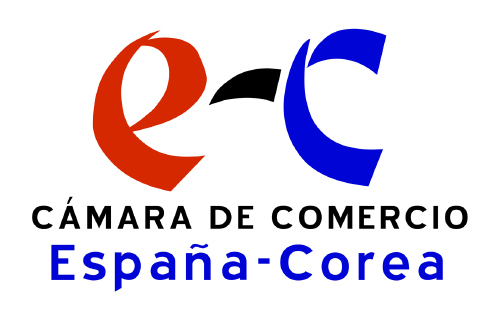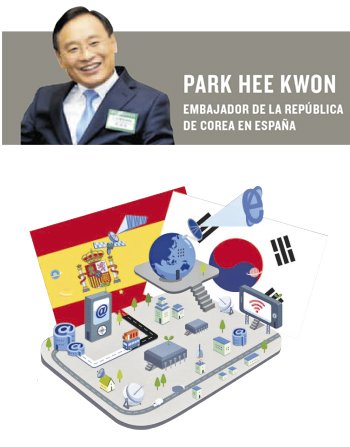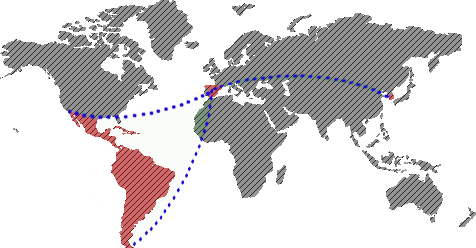They were the years of the first Industrial Revolution when Sir William Thomson, exceptional
British scientist, he elaborated daring theories on thermodynamics and electricity that contributed to give physics the shape we know today. However, also he lacked imagination when holding, between other ideas, that the radio had no future, that X-rays were a hoax or that it was impossible for one more device heavy that the air could fly. Today, with a new revolution industrial in budding, Sir William Thomson would have the same problems for predict the future. Few could you imagine just two decades that in 2015 they would exist in the world 7 trillion telephones mobile phones and that 3.2 billion of people would have access to Internet. We meet immersed in a deep digital transformation process that is changing form radical the way we relate in all fields, especially at the economic level and human.
Although the situations of departure and the sense of these transformations they vary almost at every moment, yes we can be sure of two key aspects: on the one hand, that digitization of economic, cultural, political life and social is a fact, and that those leave aside this new way of interrelation will be doomed to a kind of ostracism in a process inverse to the experienced during the period of globalization. And of another, that information technologiesand the -TIC- communication will play a key role in this process oftransformation, which some already call Industrial Revolution 4.0.
Korea was already aware of its importance when I tried to search
Korea was already conscious of the importance of ICT When I was looking an exit to the crisis of 1998
a way out of the crisis of 1998. The ICT sector played then a crucial role, to the point of that came to contribute to growth of GDP by 47% in 2000. Today,Korea is the fourth largest manufacturer in the world of ICT equipment, with close to 415 billion dollars, and the fourth power exporter. But in addition to be a fundamental pillar of your economy, ICTs have come to form integral part of their society and their culture. In 2015, the country occupied the first place in the development index of ICTs developed by the International Union o Telecommunications of the UN 98.5% of their homes are connected, and 83.6% of its poblation has regular access to Internet.
The challenge that arises Now it's double. On the one hand, the new Industrial Revolution 4.0 demands that Korea transcends its traditional role as a producer and exporter of equipment and be positioned as a reference Global in software and digital services like big data, cloud computing, the internet of things, the e-commerce or the smart cities. And on the other hand, this technological advance should be integrated in the process of model change economy that Korea will face in the next years, and that still presents rigidities.
The Government moves in the direction correct, and has announced investments for 950 million dollars for the promotion of cloud computing, in the line to increase the protagonism of startups and SMEs that is promoted from the economy strategy creative started in 2011.
“Spain this doing big efforts not to to lose the train of the revolution digital"
Like Korea, Spain has taken awareness of the moment when we we found and is doing great efforts not to miss the train of the digital revolution In 2013 he put in march the Digita Agenda, strategy to develop the economy and the digital society The population with access to the network has increased 10% in just five years, and households 74% are already connected, thanks to the great deployment made by companies of ICT in the field, for example, of mobile communications broadband and fiber optic, which already reaches 15 million homes. These advances have also been appreciated in the field of the digital economy, where more and more companies are adapting your activity. 79% of companies already have a website and the e-commerce activities have increased 27% in four years. As a result, today the call digital economy brings nothing less than 20% of Spanish GDP. The Spanish companies are in the lead of Europe in investment in accelerators of innovation as networks 5G, the internet of things -IoT- or the big data, with companies like Telefó-nica they have invested 11,000 million of euros in the last five years. Without However, there is a long way to go travel. According to a published study.
by Siemens, Spain still occupies the 45th place in the world ranking of digitalization, with only 43% of your companies that incorporates some type of ICT tool in its internal processes, and only 33% with a plan for the future about. In short, we can see how effectively Spain and Korea are reference globally in this field, where shares leadership in areas such as smart cities and 4G technology. But there is still a large margin of improvement that should make us consider more instruments efficient that allow us transit with success for this process of digital transformation.
The technological cooperation
It is definitely one of them: combine capabilities, experiences and points of sight among our
Two countries can report Big results. This is a path already started. In the field of the sector private, we already collaborate through of alliances like the one that ends to establish Telefónica Open Future and Korea Telecom to boost technology companies in Gyeonggi province, in Korea. But we also cooperate in the scope of the public sector: the Secretariat of State of Telecommunications -Setsi- and the Ministry of Science, ICT and Korea Planning are already leading out joint initiatives, andthey will soon sign a memorandum to collaborate in technologies of the information and communication, with special attention to the development of the IoT and the smart cities.
Spain and Korea passed the First Industrial Revolution, andthey must work together to stay in the front line of this fourth. Confucius said that "When the goal seems difficult to you, do not change your objective; look for a new path to reach him." We must keep walking together towards a new economic model based in knowledge, innovation and digitalization at all levels that let us stay the course in this complex period of disruption digital in which we find ourselves. Alone so we will be able to cope with guarantees to the important challenges that it poses the future.
The two countries left pass the first Revolution Industrial and should not leave pass this fourth






